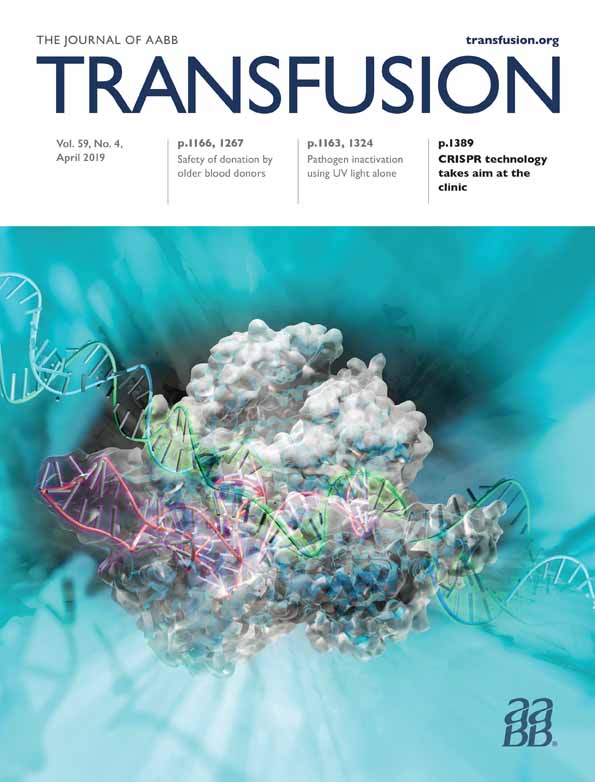RAPID REVIEW
Current challenges for CAR T-cell therapy of acute myeloid leukemia
Abstract
-
KEY IDEAS
- Chimeric antigen receptor (CAR) T-cell therapy has the potential to improve the dismal outcome of patients diagnosed with acute myeloid leukemia (AML).
- A major challenge for CAR T-cell therapy of AML patients is identifying leukemia-specific target antigens.
- Immune escape through down-regulation of target antigens and/or a suppressive tumor microenvironment jeopardizes the success of CAR T-cell therapy.
CONFLICT OF INTEREST
The authors have disclosed no conflicts of interest.




